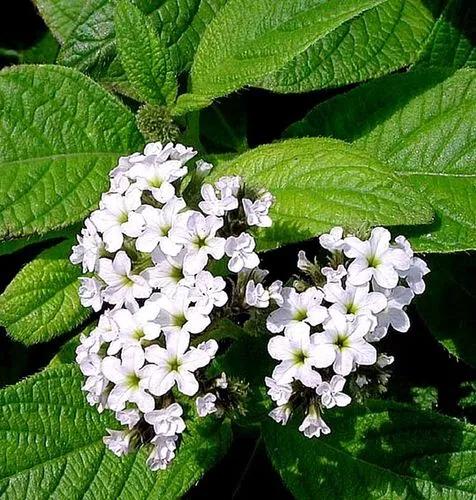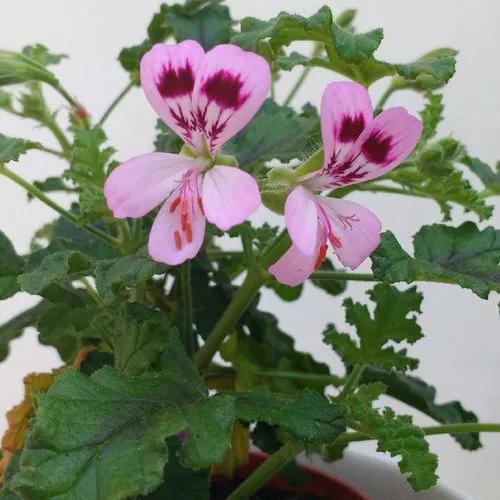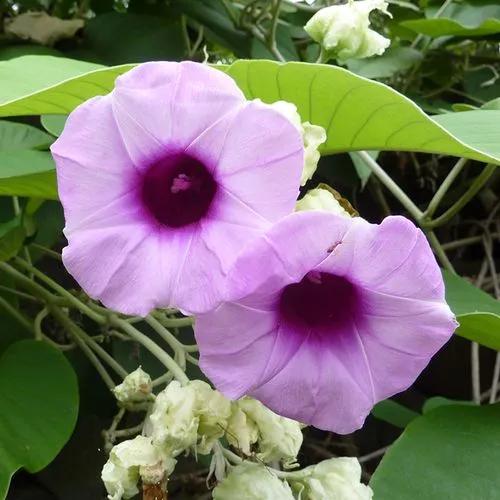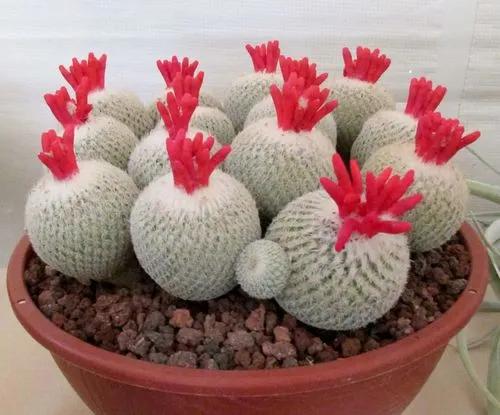Herbaceous of the genus Cymbalaria also known as Kenilworth ivy, Cymbalaria muralis perennial evergreen to deciduous or annual plant, edible but mostly used as ornamental ground cover plant, can grow in temperate, subtropical or mediterranean climate and grow in hardiness climate 3-10. This plant’s delicate features disguise an incredibly tough and versatile plant. Kenilworth Ivy will form a dense carpet of foliage no matter what the soil type, sun or shade, and it can even grow vertically if give some support. It is native to the Mediterranean region where it grows mainly along the crevices of rocky walls. Thrives in regions with short, cool summers. The stems root where they touch soil making this a great solution when a quick groundcover is needed.
Ivy-leaved Toadflax Care
Cymbalaria Muralis



Invasive in the United States, the British Isles, Australia and New Zealand.
How to Care for the Plant

Water

New plantings should be watered daily for a couple of weeks. After that, depending on the weather and soil type, watering may be adjusted to every two or three days. Clay soils hold moisture longer than sandy soils, so expect to water more frequently in sandy settings.

Pruning

Depending on the flowering habit, snip off faded blooms individually, or wait until the blooming period is over and remove entire flower stalk down to the base of the plant. Removing old flower stems keeps the plant’s energy focused on vigorous growth instead of seed production. Foliage can be pruned freely through the season to remove damaged or discolored leaves, or to maintain plant size.

Fertilizer

Incorporate fertilizer into the soil when preparing beds for new plants. Established plants should be fed in early spring, then again halfway through the growing season. Avoid applying fertilizer late in the growing season. This stimulates new growth that can be easily damaged by early frosts.

Sunlight

Full Sun

Soil

Fertile, well-drained soil.

Temperature

Lowest Temperature:-30° to -20°F (-34° to -29°C)

Additional

The plant might be slightly toxic

Popularity

311 people already have this plant 35 people have added this plant to their wishlists
Discover more plants with the list below
Popular articles






